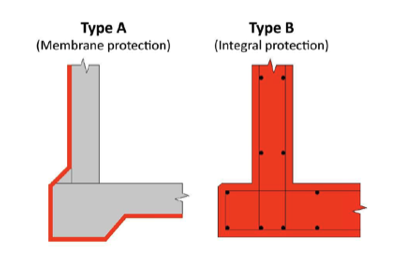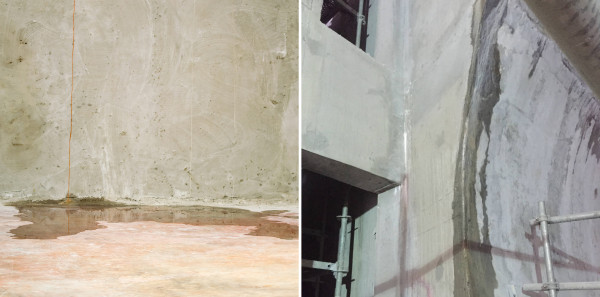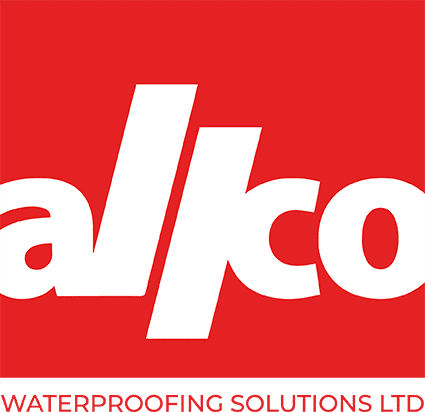How to Avoid Weeping Walls on Your Next Project
Preventing groundwater finding its way into your basement structure starts at the planning and designing stages of the project. Here is what you need to know to avoid this hard-to-fix problem.
New Zealand is undergoing land densification due to increasing demand for both household and commercial needs.
Basements and partially in-grade structures are becoming the norm to cater to the maximisation of land use. Basement designs are specialised and require Specific Engineering Design (SED) as there are no Acceptable Solutions in compliance with the New Zealand Building Code. There are also no available New Zealand Standards for the design of underground structures.
In the absence of New Zealand Standards for underground structures, communication and collaboration among the architect, structural engineer, and waterproofing supplier is key to a successful project. Communication among all parties must commence from the very earliest stages of the planning.
When designing an underground structure, you must consider the following:
- The soil and other ground properties\
- The assessment of groundwater levels and the highest level expected
- The appropriate waterproofing measure:
- Barrier protection
- Integral type protection
- Cavity drainage type protection
- External drainage considerations
This article focuses on the concept of barrier protection, commonly known as tanking.
Barrier protection is the application of an appropriate waterproofing barrier to the walls, the base slab and, where relevant, the roof of a below-ground structure, to ensure the entire envelope of the below ground structure is protected against water ingress.
A schematic illustration of barrier/tanked waterproofing is shown below:

What we want to avoid happening to our basement and in-ground structures is puddled floors and weeping walls:

Allco Volclay offers a complete barrier protection and secondary integral waterproofing protection system.
Tanked waterproofing
This type of protection is ideal for basement structures with concrete slab and masonry walls, in-situ walls and precast panel walls. The basement relies on the externally applied waterproofing system as a barrier to provide waterproofing control.
We recommend Voltex and Swelltite which work in perfect combination to achieve the highest level waterproofing protection.
Secondary integral protection
Integral protection combines the design and construction of the basement structure and appropriate joint/penetration detailing to minimise water ingress. Secondary protection is provided to prevent water penetration through design joints and penetrations. Waterstops are used here to provide enhanced resistance against water transmission through these joints and penetrations.
We recommend Waterstop RX, Bentoseal and Cetseal to provide effective integral waterproofing protection.
Surface water and hydrostatic sites
There are several other considerations when waterproofing against water ingress:
Exclusion of surface water
Provisions should be made to prevent and reduce rainwater and surface water infiltration into the ground.
Sub-surface Drainage
Sub-surface drainage should be incorporated in certain conditions to lower the potential for hydrostatic pressure on basement structures. Examples of such methods include drainable granular fill and geosynthetic drainage. These methods should be maintained for functionality throughout its service to prevent a build-up of groundwater level.
Conclusion
Underground waterproofing works can encounter various uncertainties, generally only uncovered during construction. It is essential that contingency planning is included as part of a structure’s overall waterproofing protection design. Buildability and repairability issues are to be considered at the design stage.
Allco is happy to be involved and offer advice right from the onset of a project. We have 47 years of experience in underground waterproofing. We are happy to provide support in finding the perfect solution to meet your waterproofing needs.
If you have any questions or need technical support please get in touch with our technical team tech@allco.co.nz


